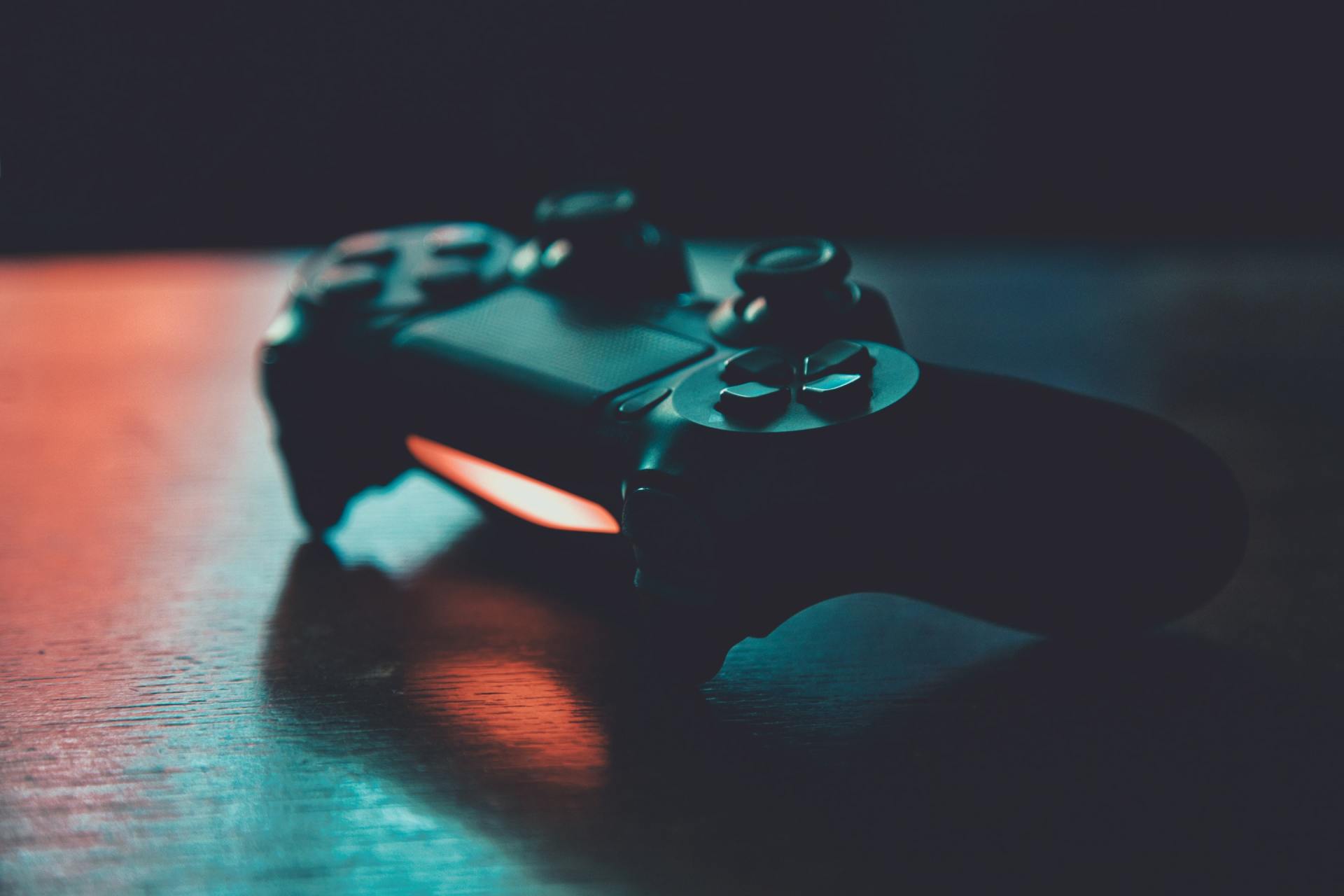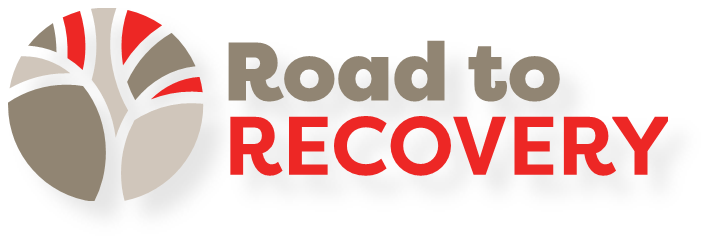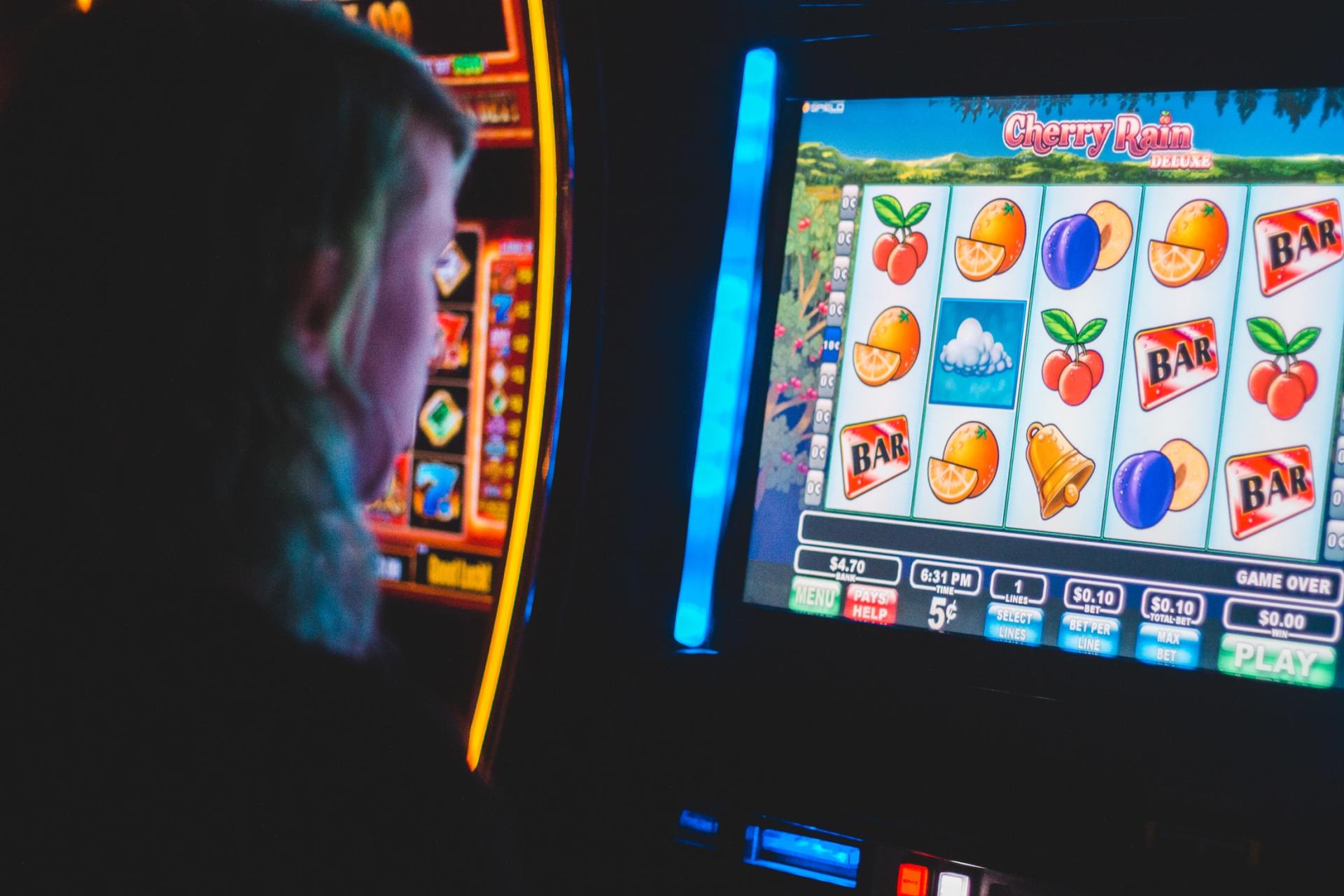Why “Free” Online Casino Apps Come at a Cost to Many Players

Why “Free” Online Casino Apps Come at a Cost to Many Players
Despite the free price tag, slots, blackjack, poker, and other social casino games or apps may pose the same threat to players as any form of gambing - they could become addicted and develop signs of problem gambling. In 2019 alone, Americans lost $3.5 billion to free-to-play casino apps - a significant amount when you consider global losses topped out around $5 billion.
How can a free-to-play game cause so much financial harm?
New Day Northwest spoke to Keith Whyte, the executive director of the National Council on Problem Gambling and Nate Halverson, a journalist with Reveal from the Center for Investigative Reporting to find out.
How They Draw You In
If you search any app store, there’s no shortage of social casino apps available. They are free to download and free to play, but with these games, there definitely is a catch - and a loophole that allows these companies to follow different rules than in-person casinos.
“These games often start out free to play and you’ll get a day’s worth of free credits,” says Whyte. “But then as you play the game, you go through those free credits incredibly quickly.”
That’s where the aggressive monetization kicks in. “You then have to buy the free chips or free credits to continue playing, to maintain your progress in the game, to save your levels,” says Whyte.
But what’s most devastating is that a person can easily end up spending hundreds or even thousands of dollars. While technically no money is being wagered, it can end up costing big in terms of buying more playing time.
Lack of Regulations
Despite having the same psychological and addictive features as their in-person counterparts, social casinos are regulated much differently.
“These same games, if offered in an online casino, or in-person casino, would have age limits, would have warning features, would have all sorts of barriers to protect against excessive or addictive behavior,” says Whyte.
What’s even more surprising, social casinos can be accessed and downloaded by virtually anybody. “You don’t even have to be 12 years old. Some of these games are even rated T for teen,” adds Whyte.
Court Cases
The issue has become so problematic, it has made its way into the courtroom. Halverson notes one case where a social casino targeted a woman using artificial intelligence. When all was said and done, the woman ended up spending $400,000 she didn’t have.
“This is a wild west; this is a lawless land,” says Halverson. “In a regular casino, they would have seen that she didn't have the income to be spending $400k. Further, she asked them nearly a dozen times to cut her off. She told them she had a problem, that she couldn't stop spending. What did they do? They just gave her free chips and encouraged her to keep spending. That wouldn't happen in a real casino.”
How to Get Help
Despite a lack of regulations, and as the court cases go through the legal system, there is still good news. Problem gambling is an addiction that can be prevented, treated, and a healthy life in recovery is possible. Those with gambling-related problems don’t have to remain at risk, help is available.
“There's hope and help available through the Evergreen Council on Problem Gambling, they run a toll-free helpline treatment service referral. It's one-stop shopping for people or loved ones who feel that someone in their life may have a problem with gambling,” Whyte said.
Assistance is also available through Road to Recovery or by calling 855-922-1558.



All Rights Reserved




